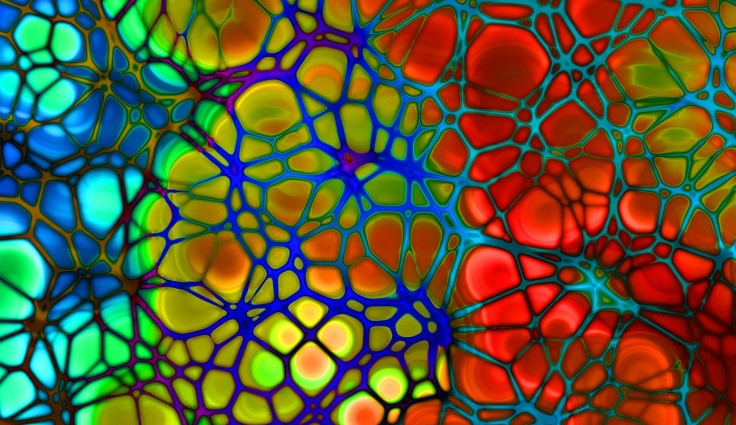Fat That Builds Around Your Arteries Can Improve Blood Vessel Function: Study

KEY POINTS
- Perivascular adipose tissue (PVAT) is the fat that surrounds the arteries
- PVAT secretes certain substances that aids in relaxing the arteries.
- Per a new study, the presence of PVAT increased the amount of stress relaxation
- The findings might help redefine the role of PVAT alongside the structure of blood vessels
Experts at the College of Osteopathic Medicine at Michigan State University in East Lansing have explored the role of perivascular adipose tissue (PVAT) -- the fat that surrounds the arteries in maintaining vascular health.
It was already known in the medical community that PVAT secretes certain substances that aids in relaxing the arteries. So, the research team sought to find out if PVAT could offer any other benefits for the arteries. They wondered if it might be something structural about PVAT in itself that attributed to vascular health.
According to the study published in the Nature journal Scientific Reports which examined thoracic aorta rings in rat models, the thoracic aortas with PVAT had better stress relaxation compared to those without PVAT.
“The presence of PVAT increased the amount of stress relaxation,” Medical News Today quoted the authors. “In fact, “[a] PVAT ring separated from the aorta demonstrated more profound stress relaxation than did the aortic ring itself. In our study, PVAT reduced the tension that blood vessels experience when stretched. And that’s a good thing because the vessel then expends less energy. It’s not under as much stress,” they added.
Implications of the study
The researchers opine that the findings of the study might help redefine the role of PVAT alongside the structure of blood vessels. Previously, it was believed that PVAT only served to store fat and comprised of three parts- the outermost layer, a middle layer, and an innermost layer. They suggest that the medical community should consider PVAT as the fourth structural layer of a blood vessel.
The findings advance human health since they are relevant to multiple physiologies. The findings raise the idea that OVAT has more than impact than estimated previously over vascular function. It might lead to new treatments for plaque buildup in arteries a.k.a atherosclerosis which is typically a precursor to a heart attack.
“Our finding redefines what the functional blood vessels are and is part of what can be dysfunctional in diseases that afflict us, including hypertension,” Health Europa mentioned the study’s lead researcher Stephanie Watts.
© Copyright IBTimes 2025. All rights reserved.






















